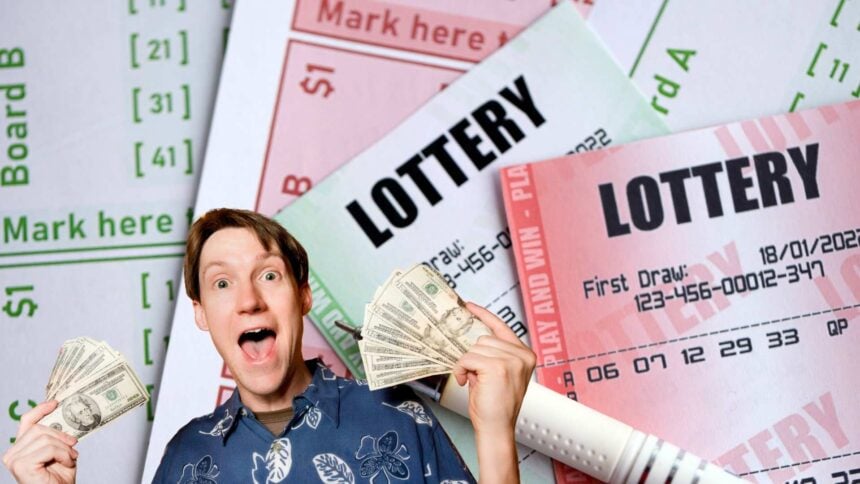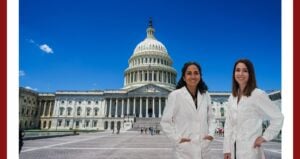Two Powerball tickets sold in Missouri and Texas matched all six numbers to win a combined $1.787 billion grand prize, ending a months-long run without a jackpot hit. The winning numbers drawn Saturday, September 6, were 11, 23, 44, 61, and 62, with a red Powerball of 17. The Power Play multiplier was 2. The lottery said both tickets will split the top prize.
Under game rules, each winner can take an annuity valued at $893.5 million, paid as one immediate installment followed by 29 annual payments that rise 5 percent per year, or opt for a lump-sum cash payment of $410.3 million. All figures are before federal and any applicable state taxes. Players have not been publicly identified.
Final sales pushed the advertised pot to $1.787 billion, making it the second-largest U.S. lottery jackpot ever awarded. It trails only the $2.04 billion Powerball haul claimed in California on November 7, 2022, and sits ahead of the $1.765 billion Powerball win on October 11, 2023.
The updated Top Ten list also includes the $1.586 billion Powerball shared in January 2016 and a $1.326 billion Powerball jackpot awarded in April 2024.
The drawing capped a 42-draw streak without a jackpot winner that began after a California ticket hit on May 31, 2025, a new game record for the longest run.
Beyond the two jackpot winners, more than 9.9 million tickets claimed cash prizes in Saturday’s drawing, including 18 tickets that matched five white balls for $1 million and two that added Power Play to double their prize to $2 million. In the separate Double Play drawing, tickets in Florida and Maine won $500,000 each.
The jackpot resets to $20 million for Monday night’s drawing. Powerball is offered in 45 states, the District of Columbia, Puerto Rico, and the U.S. Virgin Islands, with drawings held Mondays, Wednesdays, and Saturdays at 10:59 p.m.
Eastern from the Florida Lottery studio. The overall odds of winning any prize are 1 in 24.9, and the odds of winning the jackpot are 1 in 292.2 million.
Why it matters:
Record-size jackpots pull in casual players and swell proceeds that state lotteries say help fund public programs. The Powerball Product Group noted that every $2 ticket sold during the run contributes to those funds in participating jurisdictions.
For the winners, the choice between cash and annuity shapes the size and timing of taxes and investment risk. For retailers and state lottery agencies, a reset to a smaller pot often brings a brief lull before play picks up again if the jackpot climbs.
The next weeks will focus on validation of the winning tickets, disclosure rules in the selling states, and whether the winners accept the lump sum or stretch payments across three decades.



















